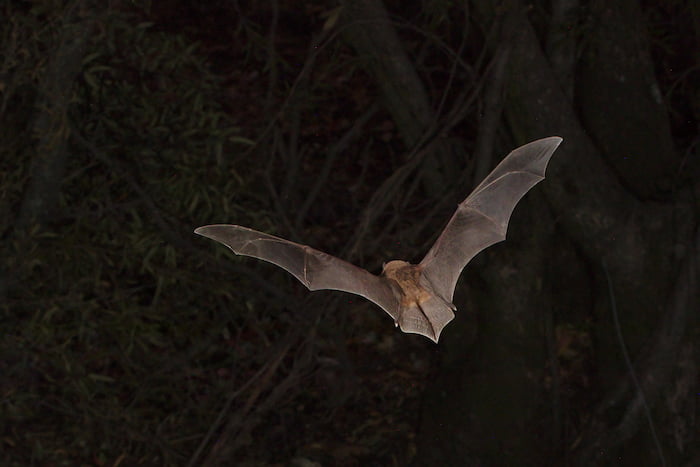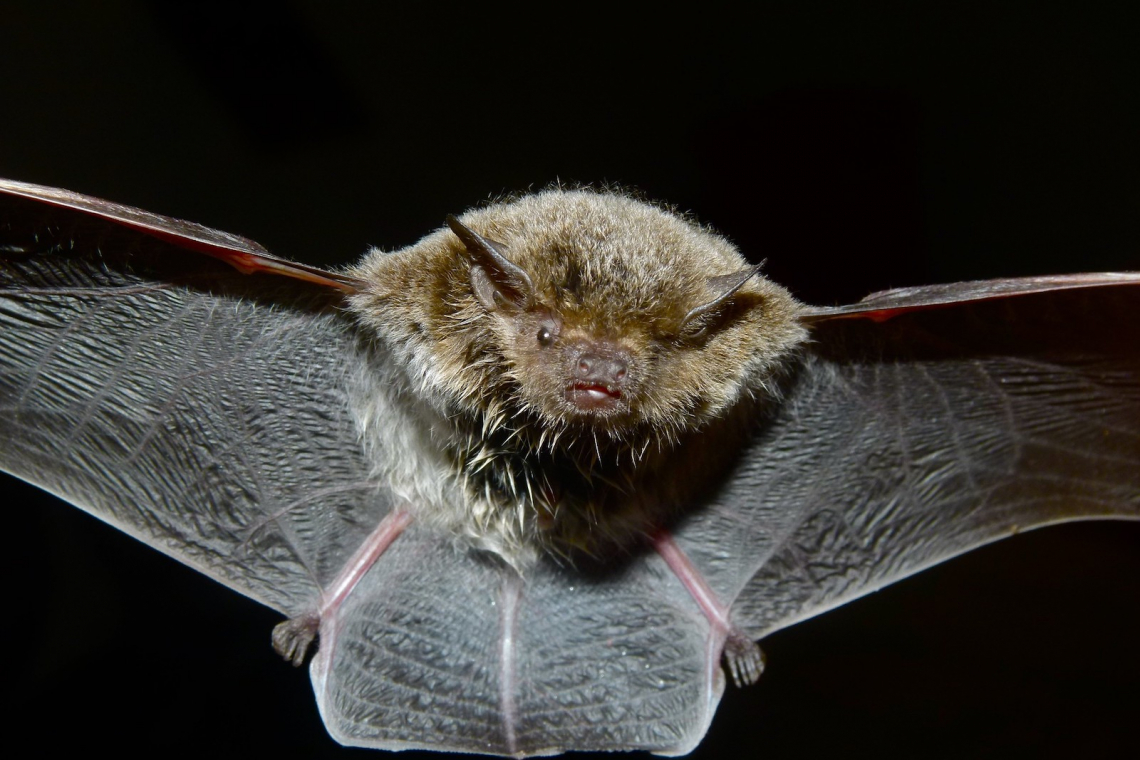Working in collaboration with local wind farms, the Greater Kromme Stewardship (GKS) initiative, which focuses on conservation in the Kouga region, has noted the positive strides being made by some of the wind farms with regard to creating no net loss to biodiversity from their operations. Through the installation of acoustic deterrent devices on selected turbines, two wind farms in particular are seeing significantly reduced bat fatalities. For some turbines this reduction can be as much as between 80% and 100%.
Pilot studies began in 2018, with Jeffreys Bay Wind Farm installing acoustic deterrent devices on a number of wind turbine generators, with Gibson Bay Wind Farm following suit more recently, in February this year. These devices emit ultrasound frequencies that deter echolocating bats so that they are repelled away from turbines, thereby preventing collision with the blades.
“This type of mitigation measure is a win-win, as wind turbines do not need to be shut down, as used in shut-down-on-demand measures, and bat conservation improves significantly, especially amongst insect-eating bats that navigate by using echolocation. These bats are of particular importance as they biologically reduce significant levels of pests, specifically those that negatively impact agriculture,” explained Rafiq Ebrahiem, Chairman for the Greater Kromme Stewardship.

Insectivorous bats send out sound waves through their mouths or noses and listen to the echoes to work out where objects are and what they are. Their senses are so fine-tuned they are able to find and identify objects as tiny as the insects they eat.
Maggie Langlands, of the Kromme Enviro-Trust, explained the importance of conserving the species, saying, “Any increase in bat mortality poses an ecological problem, as most bat species only reproduce once a year, bearing one young per female, so their numbers are slow to recover.”
The wind farms are major role players in the region and as producers of renewable energy they are at the forefront of the move to sustainable use of natural resources. This partnership of wind farm operators is leading the way in environmental responsibility that goes beyond lip service.
Through the GKS initiative, the wind farms are making a collective effort to secure valuable biodiversity assets and resources in the broader landscape, allowing for truly just and sustainable renewable energy in the region.


